What Will Be the Economic Implications of Ghana Renewable Energy Infrastructure?
This scale-up of such massive renewable energy infrastructure is not only about environmental sustainability but also about economic growth. The investment opportunity for this transition has been estimated to cost around USD 550 billion. By placing solar power at the center of its energy mix, Ghana makes a strategic turn from fossil fuels to a secure and prosperous future in sustainability.How is Ghana pursuing the element of sustainability in multiple sectors?
In line with the SEforALL initiative, Ghana has proposed an inclusive roadmap for low-carbon development and de-carbonization across its five economic sectors: oil and gas, industry, transportation, cooking, and electricity. The multi-dimensional nature of such a setup makes sure that solutions for low-carbon get inculcated into the economic functioning of the nation and foster an integrative transition toward sustainability.What are the goals for job creation in the net-zero emissions plan?
In Ghana's plan, one notices that a big emphasis on social welfare is attached to it, regarding the area of job creation; by the turn of 2060, it is projected that due to this revolution in renewable energy, 400,000 jobs shall have been created. This lies within the broader objectives of the country, in terms of diversification and inclusiveness in growth, hence assuring that benefits from this transition in energy currently happen to its people.What is the implementation strategy for the solar PV capacity? Well, under this phased implementation strategy, it is assumed that the initial deployment target would be 26GW Solar PV Capacity up to 2040; further increase at a rate of 5GW annually; and then attain the milestone of 150GW by the end of 2060. Such detail in planning shows just how practical Ghana is, charting a realistic pathway toward an economy with net-zero emissions that is achievable and sustainable.
What does this mean for the global community from Ghana's plan? Ghana's updated net-zero emission plan now inspires other nations facing these dual challenges: climate change and economic development. Ghana is leading in deploying renewable energy to secure its future and motivate the world for speedier efforts towards a greener and resilient world.
All in all, Ghana's ambitious net-zero plan-aiming to achieve 150GW solar PV capacity by 2060-is nothing less than a seminal commitment to sustainable energy and climate action. With considerable economic dividends in the offing, job creation, and an all-inclusive approach toward decarbonization, Ghana is about to wear the mantle of leadership in the renewable energy landscape, setting a high bar for others to follow.
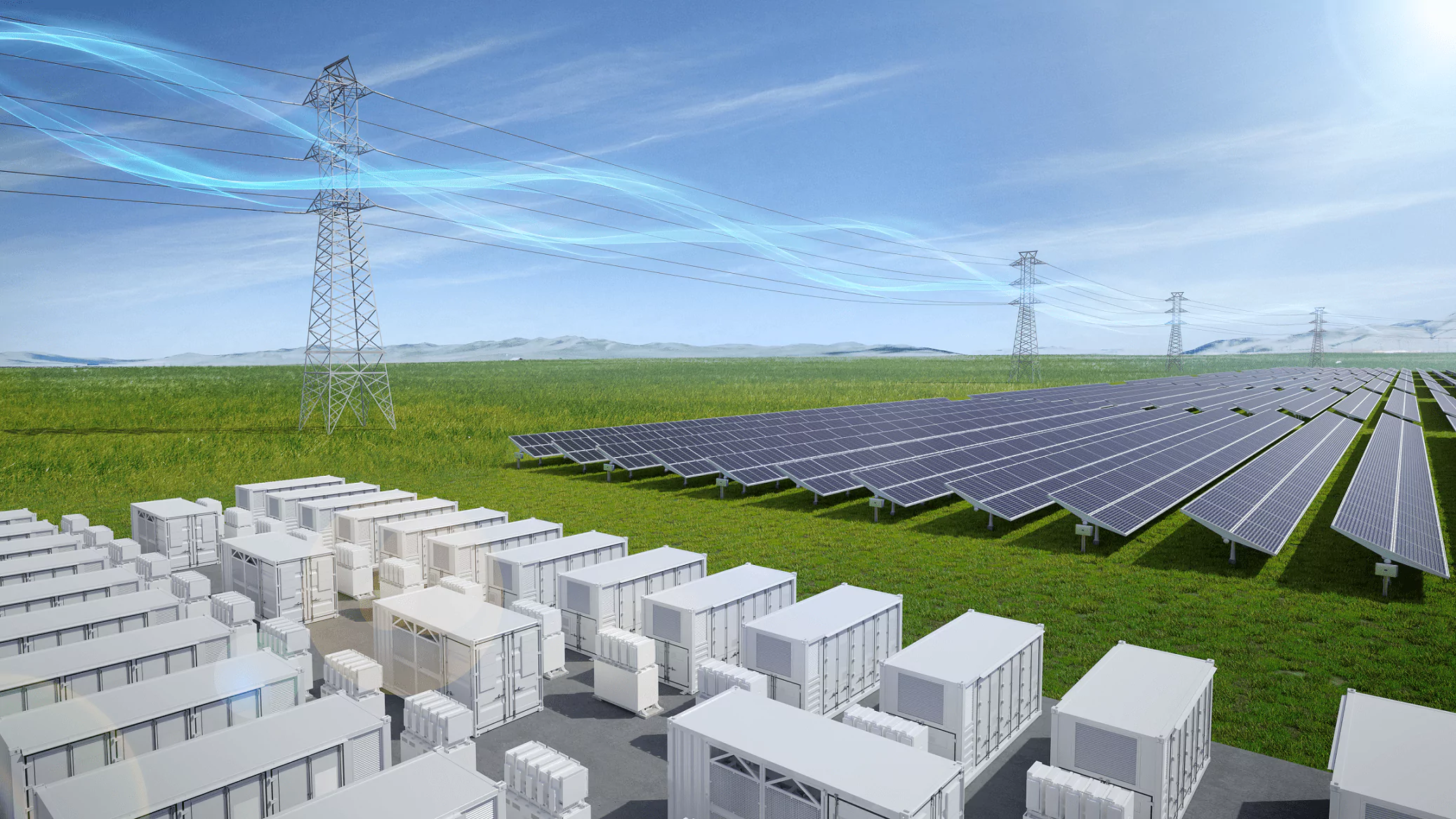



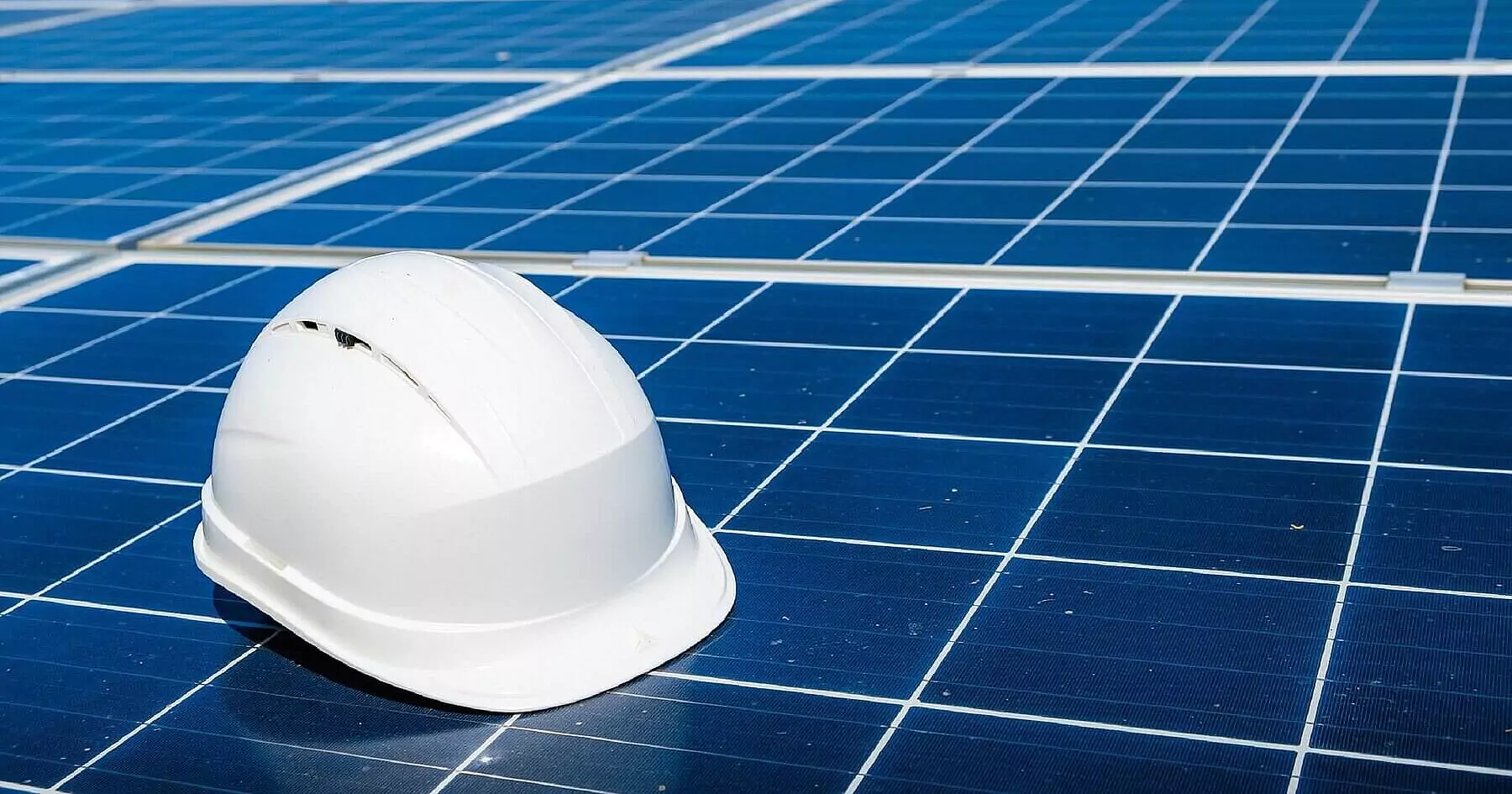
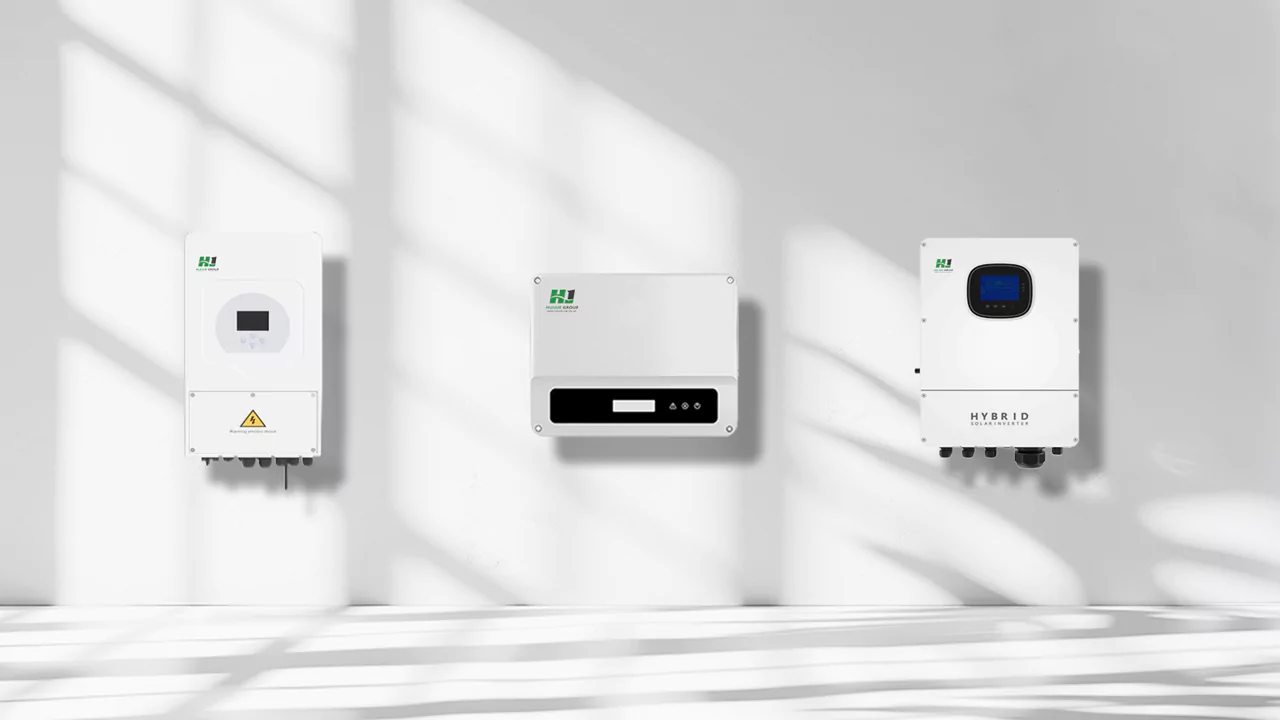

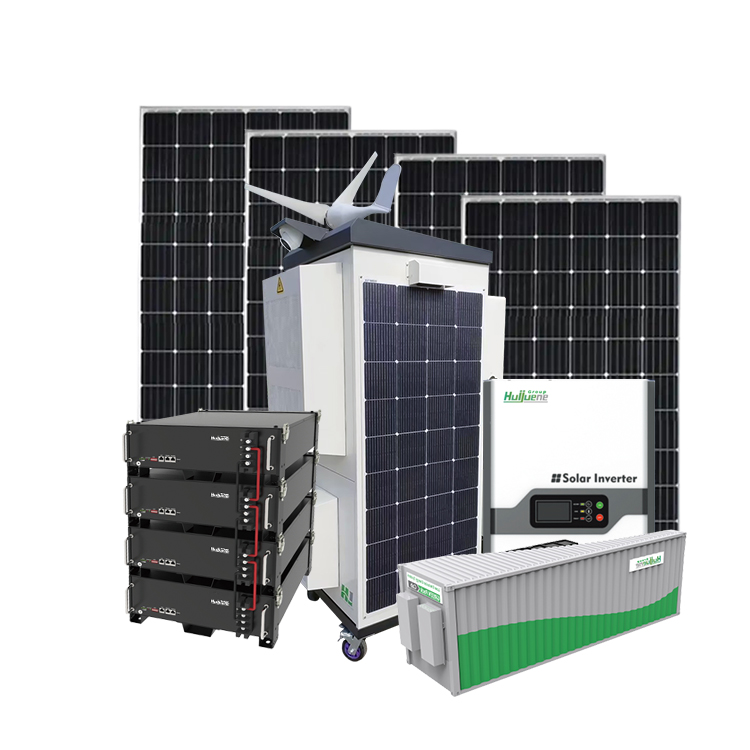
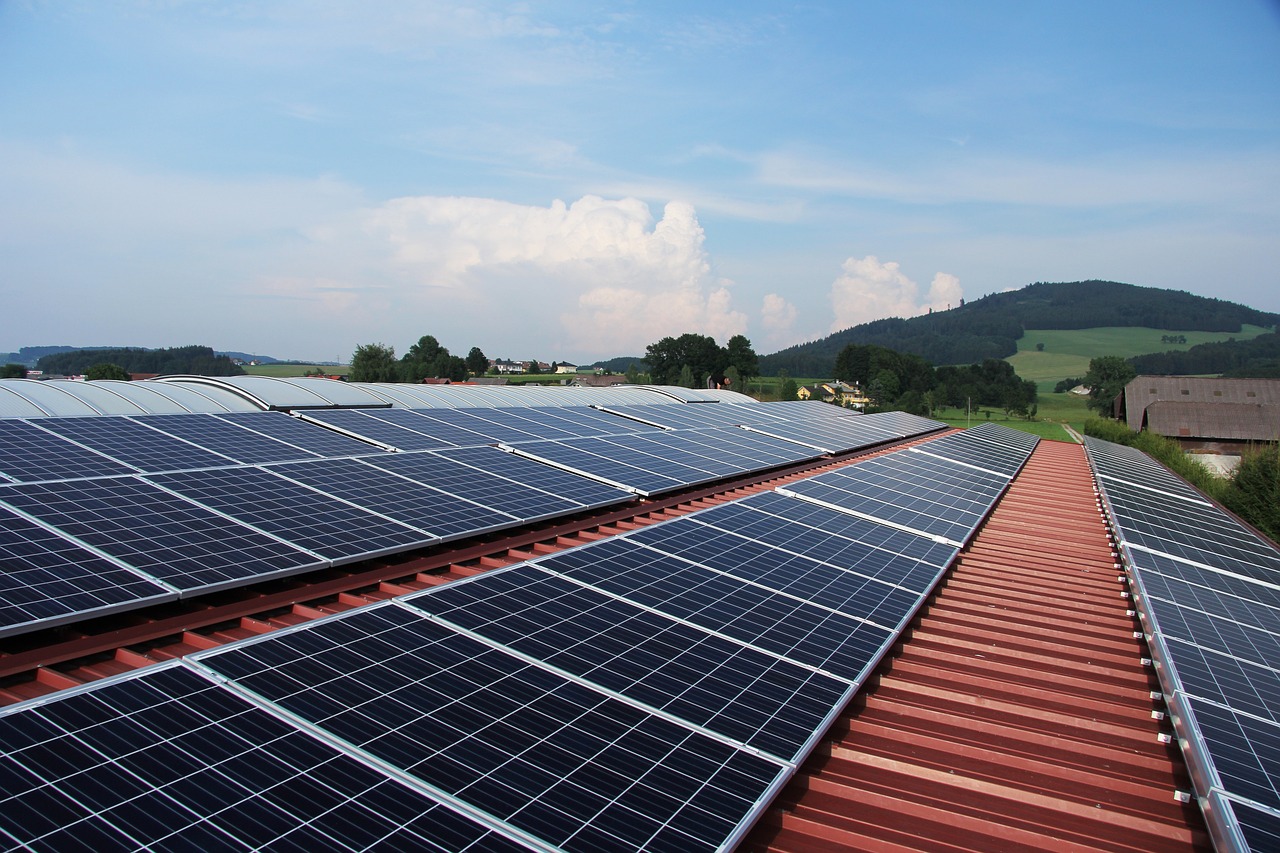



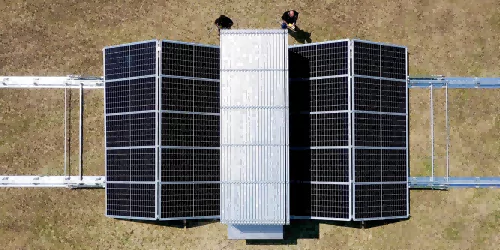
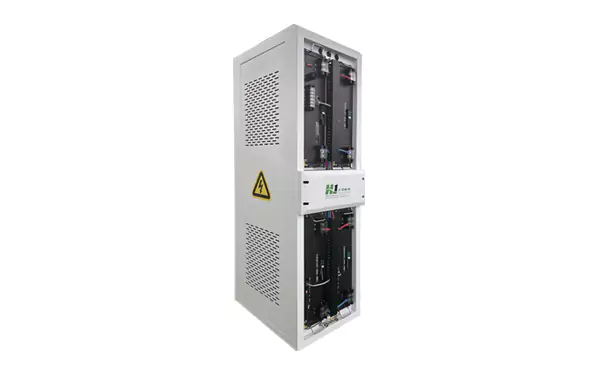
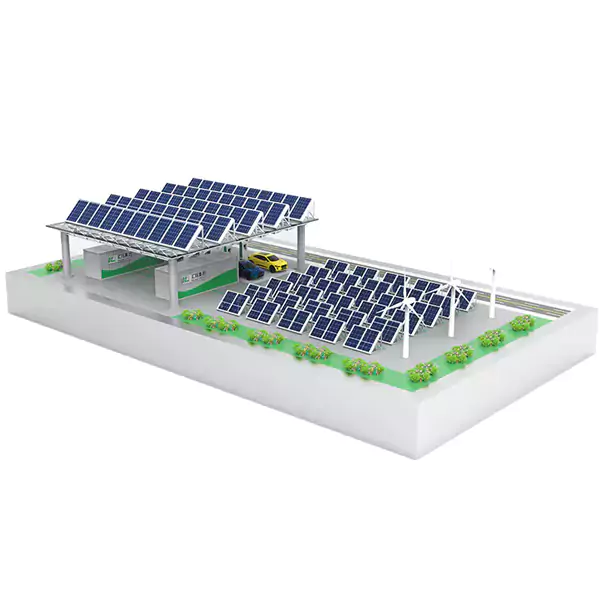

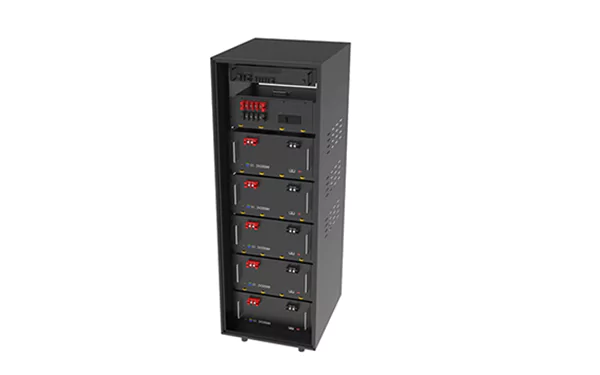
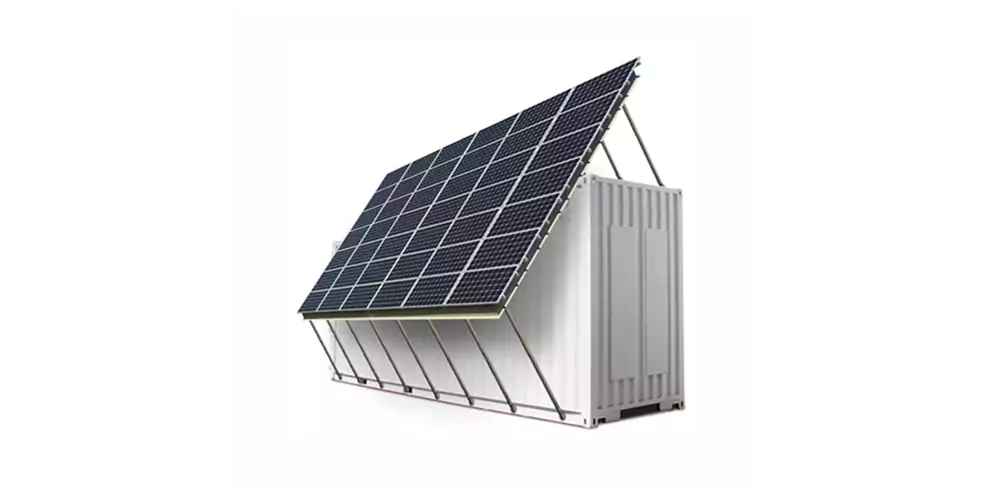
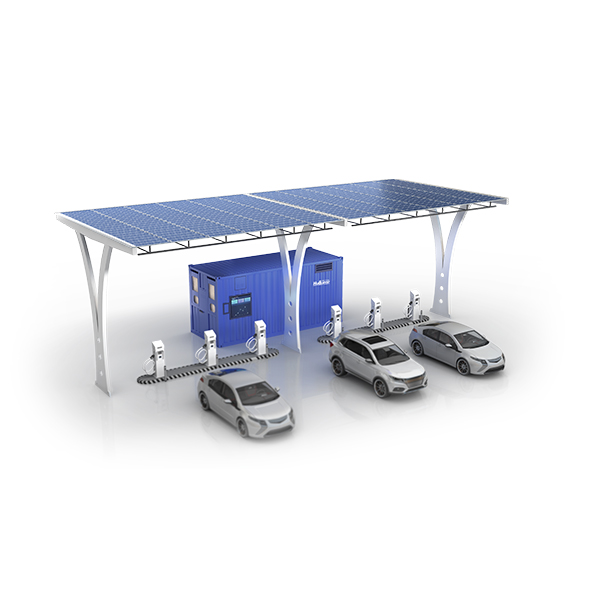

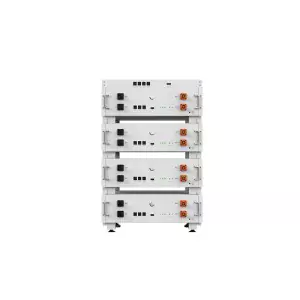
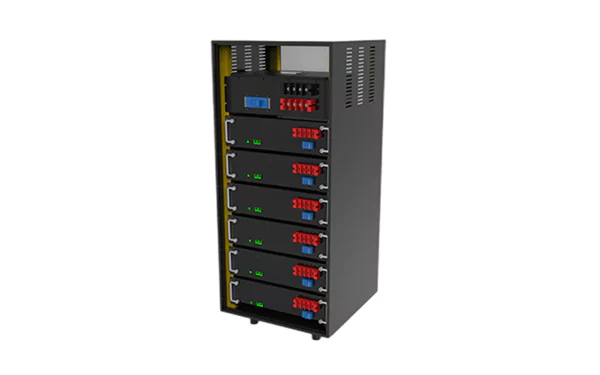
 Inquiry
Inquiry Online Chat
Online Chat